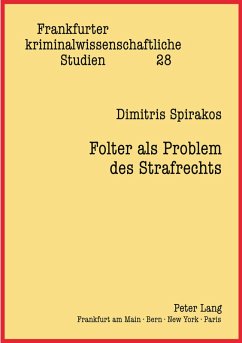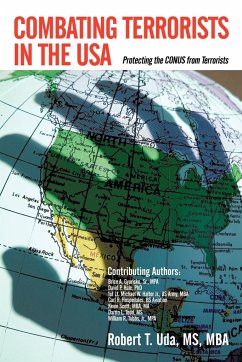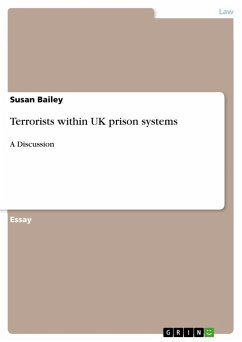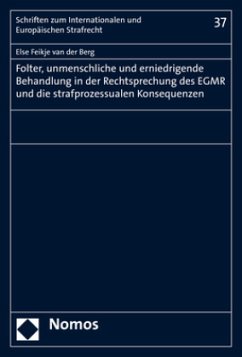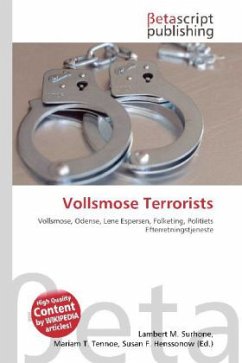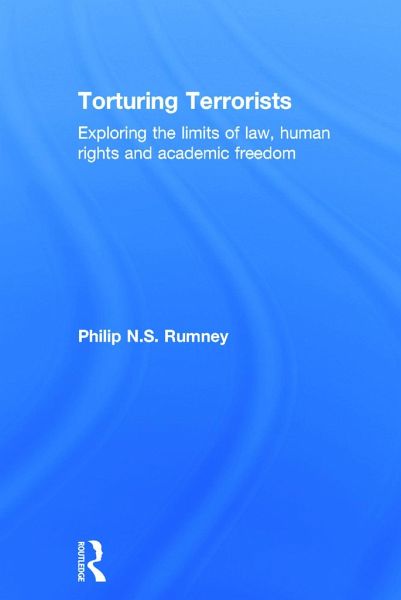
Torturing Terrorists
Exploring the limits of law, human rights and academic freedom
Versandkostenfrei!
Versandfertig in 1-2 Wochen
194,99 €
inkl. MwSt.
Weitere Ausgaben:

PAYBACK Punkte
97 °P sammeln!
Torturing Terrorists examines the nature and impact of torture and the implications of its legal regulation on individuals, institutions and wider society, as well as analysing the arguments and claims that are put forward by the proponents and opponents of legalised torture.







